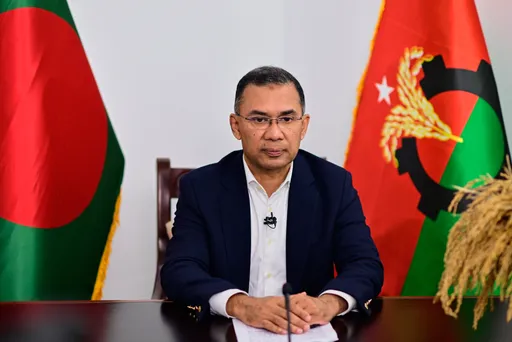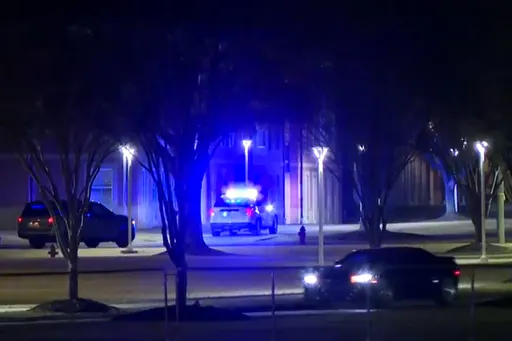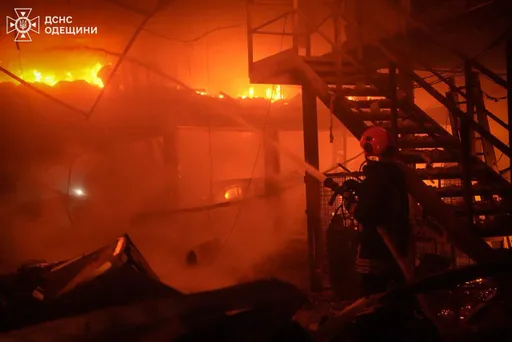Experts delving into ways of combating the rising threat of extremism and hate speech in a summit in Istanbul have warned of surge in hate crimes and possible genocide that they said begin with hate speeches.
Mersiha Smailovic, an activist and founder of Legis, an NGO that works with refugees and migrants, emphasised that hate speech never ends with "just the speech."
"It also goes on to hate crime" and then "it ends with the genocide as we witnessed in the Balkans," she said at the International Strategic Communication Summit 2022 in the Turkish city of Istanbul.
She was referring to the 1995 Srebrenica genocide in which over 8,000 Bosnian Muslim men and boys were killed by Bosnian Serb forces, despite the presence of Dutch peacekeeping troops.
According to Smailovic, the reason for hate speech in "fragile countries like those in the Balkans" is just to "make people unsafe, isolated, or powerless."
In that way, individuals are also dehumanised, she explained.
READ MORE:UN 'deeply concerned' by hate speech in Bosnia, Serbia
Hate speech and polarisation
"Governments who are concerned about this issue are very deeply involved and have been deeply involved in the UN’s work on this for some time," Jonathan Fowler, a UN regional communications officer said.
He also explained how "misinformation and disinformation" spurred the UN's decision to declare June 18 as the International Day for Countering Hate Speech.
"Now you're all aware, of course, that hate speech and misinformation and disinformation go hand in hand. One of the reasons why this International Day was created was because of hate speech, and misinformation related to the (Covid-19) pandemic," he said.
"Everything was accelerating with finger-pointing about who was supposedly to blame for the pandemic."
The United Nations Alliance of Civilizations (UNAOC) is a critical platform in this respect, said Fowler.
UNAOC was founded in 2005 as a political initiative of then-UN chief Kofi Annan co-sponsored by Türkiye and Spain.
It was established "precisely to explore the roots of polarisation and how hate speech was actually accentuating that polarisation," Fowler said during a discussion on "How to Combat Extremism and Hate Speech for Global Good."
It was also part of an "attempt to spur international intercultural interfaith dialogue, through education, through youth work, through work on migration and work on the media," he added.
READ MORE: India's top court demands action against anti-Muslim hate speeches
Migration management
Fadi Farasin, assistant director general of the Statistical, Economic and Social Research and Training Centre for Islamic Countries (SESRIC), said combating extremism and Islamophobia was part of the organisation's 2025 action plan.
SESRIC is a subsidiary organ of the Organization of Islamic Cooperation (OIC).
An earlier panel discussion focused on what institutions can do to mitigate communication issues during "global uncertainties," such as the burgeoning forced migration crisis.
Basak Yavcan, a political scientist from the Ankara-based TOBB University of Economics and Technology, spoke about communication strategies in the field of migration management.
Fuad Huseynov, deputy chairman at Azerbaijan's State Committee for Affairs of Refugees and Internally Displaced Persons, talked about the reasons and impact of forced migration.























